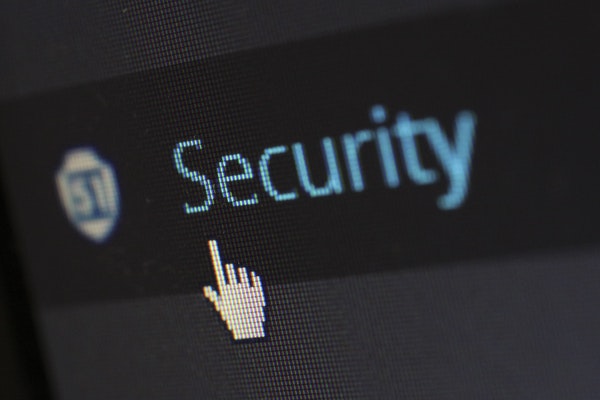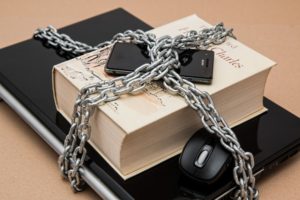October is National Cyber Security Awareness Month. The world is more interconnected today than ever. Think about all of things you do online. You use the internet to communicate with family and friends (some that you probably don’t in person); at some point you’ve probably shopped online whether it was for a large purchase like a new television or day-to-day products like toilet paper. Many of us even pay our bills and do our banking strictly online. But, how conscious are you of identity theft online? It’s important to be careful, because identity theft can lead to debt in your name.
Each time you make a transaction online whether it’s while shopping or banking, you are allowing your personal information to be accessed. Some of your personal information also becomes accessible on social networking sites. It’s important that you are safe about protecting your identity online.
Here are some tips for protecting yourself against identity theft online:
- Just as you would with physical documents such as your social security card, do not leave your personal information laying around.
- Be sure you create strong passwords at all times. Microsoft recommends that your password be at least eight characters long and that it does not contain your user name, real name, or company name. Be sure to include numbers, a combination of uppercase and lowercase letters, and other special characters (` ~ ! @ # $ % ^ & * ( ) _ – + = { } [ ] | : ; ” ‘ < > , . ? /). Be sure to change your password often. Do NOT use the same password for multiple accounts.
- Many of us not only reveal personal information online, but also on our smartphones. Be sure to set a password lock to better protect your information.
- Don’t let identity theft go unnoticed. You can do this by monitoring regularly monitoring your credit report. Be sure to look out for credit report errors.
- When shopping online, know who you are buying from. If you haven’t heard of the retailer before, do your research. A quick search is likely to yield helpful information like customer reviews and possibly scam reports.
- Another thing to look for when shopping online is whether or not the site is encrypted. When you are on the purchase page, make sure that the address begins “https” and not just “http.” The “s” means the site is secure and your information will be encrypted before it is sent.
- Be aware of spam emails and suspicious offers. If you receive an email asking for any type of personal information, always confirm who it is. Most banks and organizations will not ask for your personal information, account information, or passwords via email.
- As always, limit the amount of information you share over social networks and in general. Limiting the amount of information about yourself available on the internet will make it much more difficult to identity thieves to hack your account and obtain your personal information.
If you’re struggling to pay off debt, ACCC can help. Schedule a free credit counseling session with us today.






